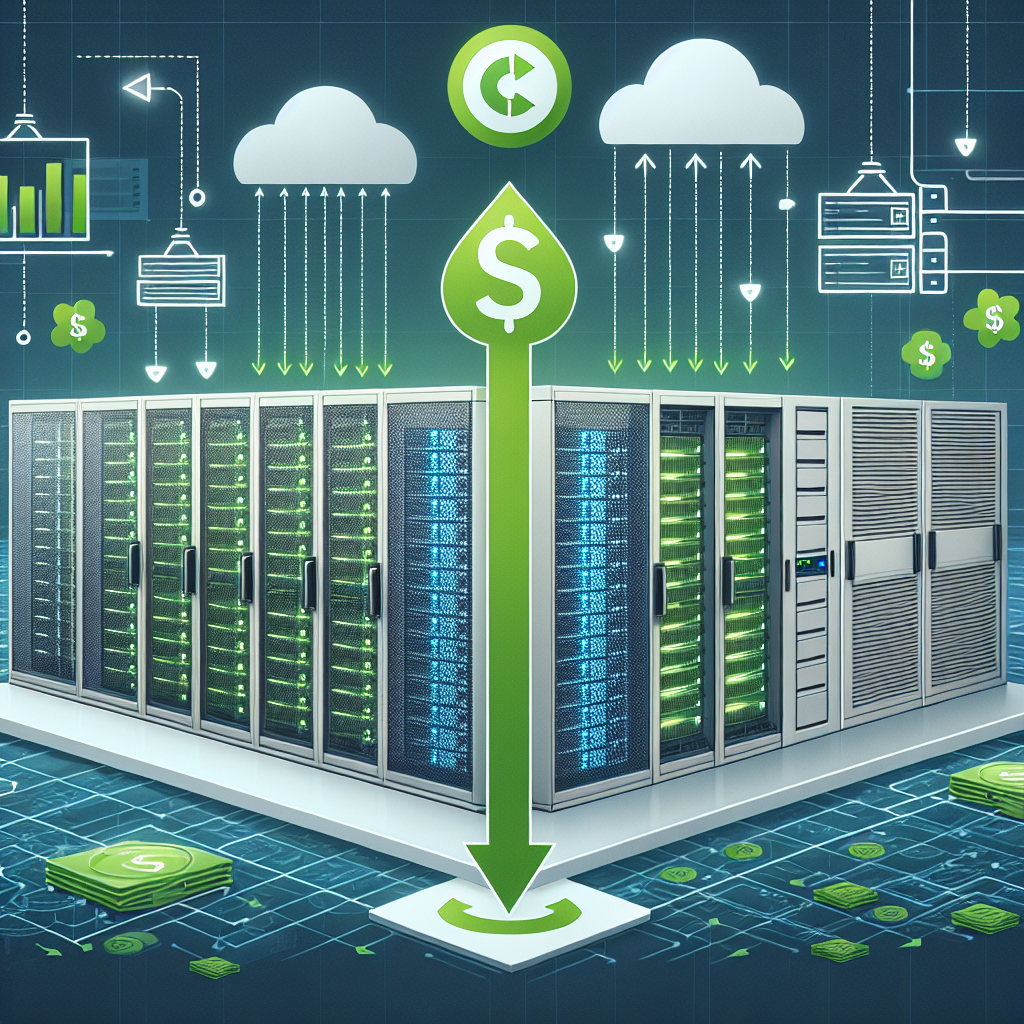Your cart is currently empty!
The Role of HVAC in Data Center Energy Efficiency and Cost Savings

Data centers play a critical role in today’s digital age, serving as the backbone of the internet and housing the servers and networking equipment that power our online activities. With the increasing demand for data storage and processing power, data centers are becoming more energy-intensive, leading to higher operational costs and environmental impact. One key component that can help improve energy efficiency and reduce costs in data centers is the HVAC system.
HVAC, which stands for heating, ventilation, and air conditioning, is essential for maintaining the optimal operating conditions in data centers. These facilities generate a significant amount of heat due to the constant operation of servers and networking equipment. Without proper cooling, the heat generated can lead to equipment failure and downtime, resulting in lost productivity and revenue.
By implementing an efficient HVAC system, data centers can effectively manage the heat generated by the equipment and maintain the ideal temperature and humidity levels. This not only ensures the smooth operation of the equipment but also prolongs its lifespan, reducing the need for frequent replacements and repairs.
One of the key benefits of an efficient HVAC system in data centers is energy savings. By using energy-efficient cooling solutions such as precision air conditioning units and hot aisle/cold aisle containment systems, data centers can reduce their energy consumption and lower their operating costs. These systems are designed to deliver precise cooling to the equipment without wasting energy on unnecessary cooling of the entire facility.
In addition to energy savings, a well-designed HVAC system can also improve the overall reliability and performance of the data center. By maintaining the optimal operating conditions, the HVAC system helps prevent equipment overheating and reduces the risk of downtime due to thermal issues. This not only improves the efficiency of the data center but also enhances the overall user experience by ensuring uninterrupted access to online services.
Furthermore, a properly designed HVAC system can also contribute to environmental sustainability by reducing the carbon footprint of the data center. By using energy-efficient cooling solutions and optimizing the airflow within the facility, data centers can minimize their impact on the environment and contribute to the global efforts to combat climate change.
In conclusion, the role of HVAC in data center energy efficiency and cost savings cannot be overstated. By investing in an efficient cooling system, data centers can improve the reliability, performance, and sustainability of their operations while reducing their energy consumption and operating costs. As the demand for data storage and processing continues to grow, it is essential for data centers to prioritize energy efficiency and sustainability in order to meet the challenges of the digital age.

Leave a Reply